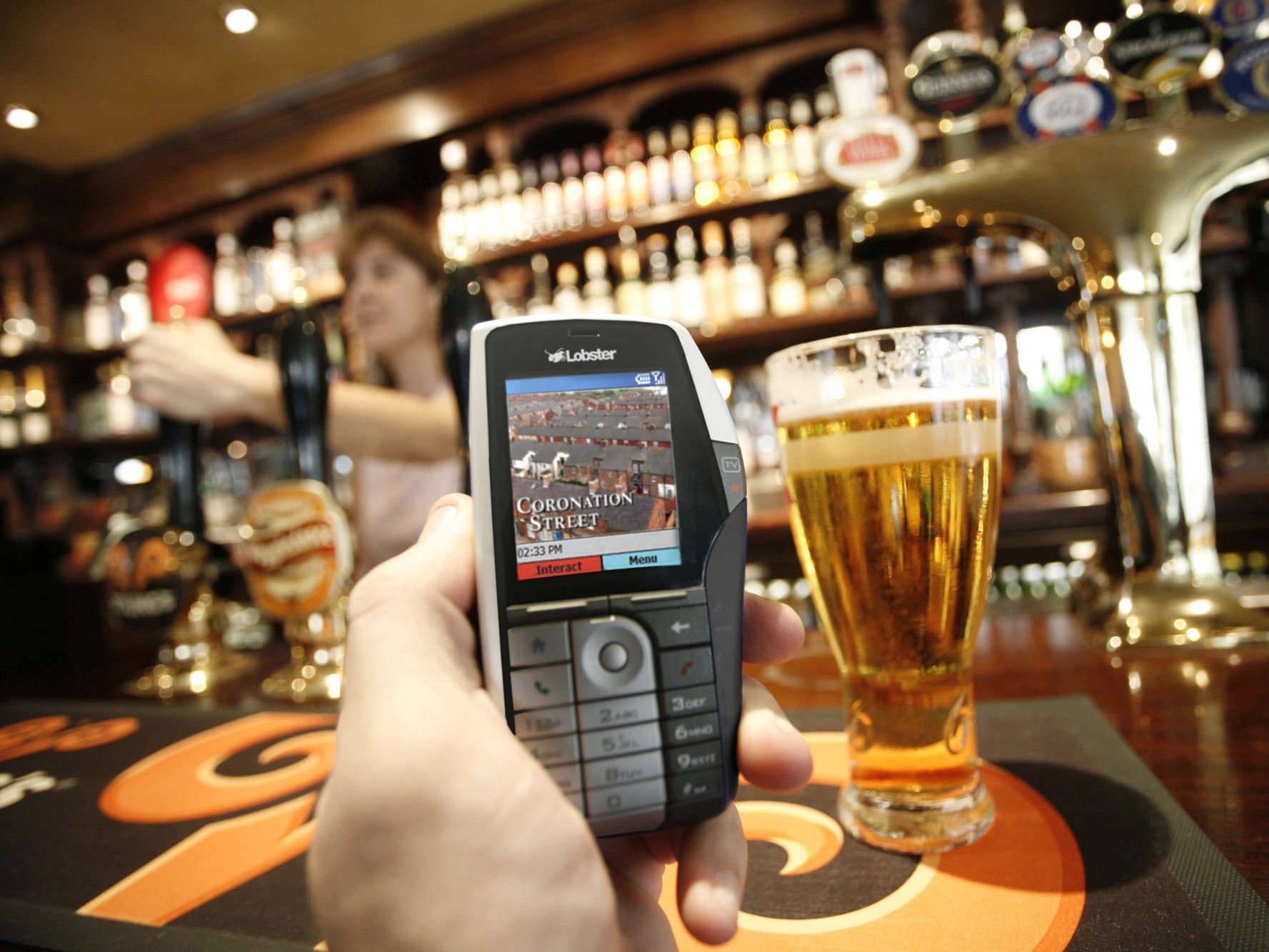
We may not want it, but it looks like we're getting it anyway - mobile TV is coming to Britain.
Government media and telecoms regulator Ofcom said it plans to sell off the radio spectrum needed from spring next year, despite public apathy and a lamentable effort by the HDforAll campaign to secure the spectrum for terrestrial HDTV broadcasts.
The 1452MHz to 1492MHz radio spectrum is being freed up by the transition from analogue to digital switchover.
However there seems to be precious little evidence that people actually want to watch TV on their phones. That's partly because the services that have been out there so far - from Three, T-Mobile, Orange and Vodafone - have either required a subscription or offer programmes on a Pay Per View (PPV) basis, and we're used to getting our TV for free. Both reasons seem to explain Virgin Mobile's closure of its mobile TV broadcasting service next January.
You also have to take into account the small size of most mobile phone screens - fine for watching footie highlights maybe, but you wouldn't want to watch a whole series of Heroes on them. Video quality has also been remarkably poor.
Why mobile TV could work
However two key factors could turn our apathy to ecstasy. Firstly, mobile phone displays are getting bigger and better quality - just take a look at the screen on the Apple iPhone. Secondly, new technology is coming into force at the network level - using DVB-H [PDF] should make TV connections more robust and reliable.
Even then mobile TV isn't likely to take off in this country until 2010, well behind the rest of Europe. That may be just as well - a rush to launch mobile TV services ahead of next year's European Championship seem a bit pointless without a British side in the game.
Get daily insight, inspiration and deals in your inbox
Sign up for breaking news, reviews, opinion, top tech deals, and more.